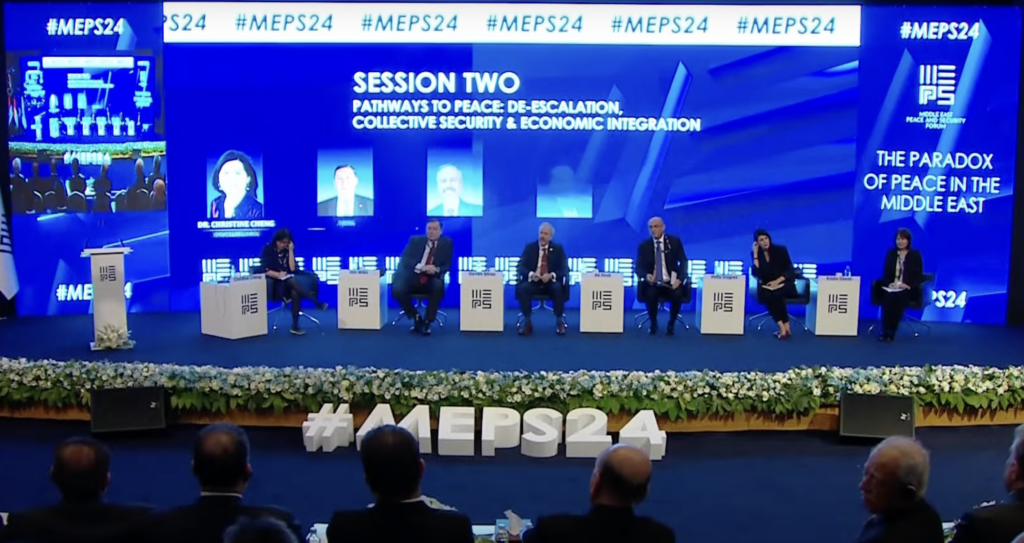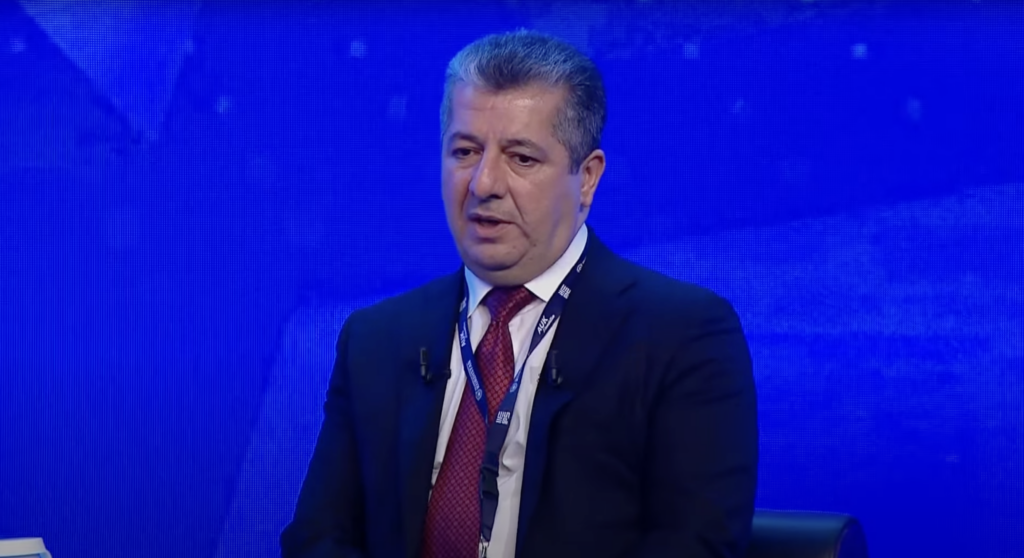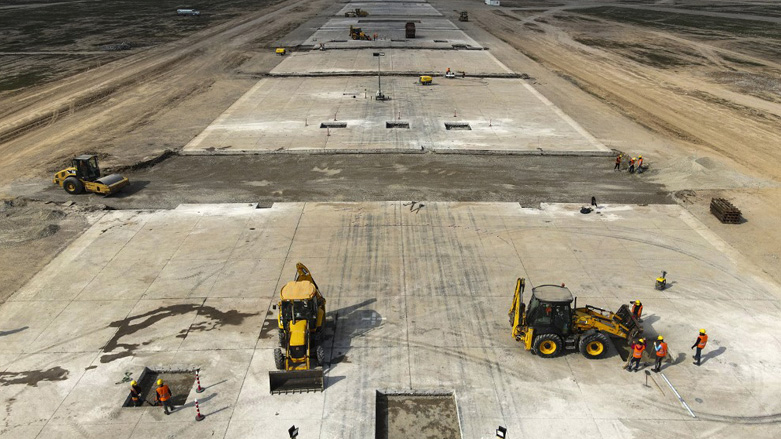Imprisoned Kurdish PKK leader and Turkey’s ‘nemesis’ Abdullah Ocalan

ANKARA,— Abdullah Ocalan, the jailed Kurdish militant leader labelled the “nemesis” of the Turkish state, remains a highly influential figure in the Kurdish movement despite being cut off from the outside world.
Turkey captured Ocalan, then public enemy number one, on February 15, 1999 after a relentless hunt.
He has been imprisoned on the heavily fortified island of Imrali in the Sea of Marmara for two decades and has not been allowed to see his lawyers since 2011.
But while the government brands the burly 69-year-old a “baby-killer”, to Kurds he is known as “Apo” or uncle.
The pro-Kurdish Peoples’ Democratic Party (HDP) say more than 300 detainees are on hunger strike to protest what they call Ocalan’s isolation — an indication of his continued importance for the movement.
As he has not been seen or heard in public for years, the popular image of Ocalan remains that of a man with a round face and thick black moustache.
But in photographs released a few years ago “we found that he had aged, his hair and moustache were white”, one of Ocalan’s lawyers, Ibrahim Bilmez, told AFP.
“He has been in isolation at Imrali for 20 years, so it is normal that he is worn down,” Bilmez added.
Student politics
Ocalan was born into a poor peasant family in the village of Omerli in Turkey’s southeast. His official birthdate is April 4, 1949, but this may not be exact, says Aliza Marcus in the book “Blood and Belief: The PKK and the Kurdish Fight for Independence”.
He became a left-wing militant during his time at university in Ankara, where he studied politics and threw himself into the Kurdish cause, leading to his first incarceration of seven months in 1972.
In 1978, Ocalan and a group of fellow students founded the Kurdistan Workers’ Party (PKK), a Marxist-oriented movement fighting for Kurdish autonomy.
Two years later he was in exile, most often in Damascus or Lebanon’s Beqaa Valley which was then under Syrian control and where he set up the PKK’s headquarters.
Ankara branded Ocalan its “nemesis” after Ocalan led the movement on to a path of armed struggle in 1984, planning to carve out a chunk of Turkey to found an independent Kurdish state.
Security forces hit back hard in response to PKK attacks, plunging Turkey’s southeast into a state of near civil war. The group was blacklisted as a terrorist organisation by Ankara, the US and the EU.
Ocalan’s first call for a unilateral ceasefire came in 1993, then again in 1995 and 1998, each time seeking a political agreement with Ankara in return.
But authorities said they refused to negotiate with the “terrorist chief” with blood on his hands.
Influence beyond Turkey
Ocalan’s influence stretches beyond Turkish borders.
His image can be widely seen in areas controlled by the Kurdish People’s Protection Units (YPG) in Syrian Kurdistan (Rojava) in northern Syria. Turkey says the US-backed YPG militia is a “terrorist” offshoot of the PKK.
The YPG denies the charge and says Turkey is the aggressor. The Kurds accuse the Turkish government of collaborating with the IS group.
Syria’s permission for Ocalan to seek refuge there caused major friction between Damascus and Ankara, and political pressure forced him out in 1998.
He tried to seek political asylum across Europe, including in Greece, but in 1999 Turkish secret agents nabbed him in the Kenyan capital Nairobi outside the Greek embassy.
He was swiftly sentenced to death for treason, which was commuted to life imprisonment when Turkey abolished capital punishment in 2002.
With Ocalan in custody, Turkey believed the head of the PKK had been cut.
But even behind bars, he continued to exert control over the movement by issuing instructions to his lawyers and the Kurdish MPs who visited him.
Following Ocalan’s arrest, the PKK had said it would strive only for cultural rights rather than an independent Kurdish state.
It entered what proved to be its longest truce, which lasted until 2004. During that period, Turkey undertook some modest reforms for the Kurds.
Then in 2012, it was once again Ocalan who ordered the end of a hunger strike by 700 detained Kurdish lawmakers.
When Recep Tayyip Erdogan, then prime minister and now president, threatened — on a wave of nationalist sentiment — to bring back the death penalty for him, he was still seeking dialogue with Ocalan.
In 2013, Ocalan called for another ceasefire to allow peace talks a chance to reach a negotiated settlement. Two years later however, the bloody clashes resumed.
Today there appears little chance of a political solution to a conflict that has cost more than 40,000 lives.
But “for a large majority of Kurds… (Ocalan) is the uncle who embodies the Kurdish nation in its totality” and he would be a key player if talks were to resume, said Hamit Bozarslan of the Paris-based School for Advanced Studies in the Social Sciences.
The PKK took up arms in 1984 against the Turkish state, which still denies the constitutional existence of Kurds, to push for greater autonomy in Turkish Kurdistan for the Kurdish minority who make up around 22.5 million of the country’s 79-million population. More than 40,000 Turkish soldiers and Kurdish rebels, have been killed in the conflict.
A large Kurdish community in Turkey and worldwide openly sympathise with PKK rebels and Abdullah Ocalan, who founded the PKK group in 1974 and currently serving a life sentence in Turkey, has a high symbolic value for most Kurds in Turkey and worldwide according to observers.
Kurds see Ocalan, called “leader of the Kurdish people” by his followers and “head of the PKK terrorist organisation and separatist leader” by Turkish officials and media, as a living symbol of the Kurdish cause in Turkey.
Fighting in the region intensified between Turkish security forces and the PKK after the collapse of a two-year ceasefire in 2015.
Copyright © 2019, respective author or news agency, AFP | Ekurd.net
Comments



